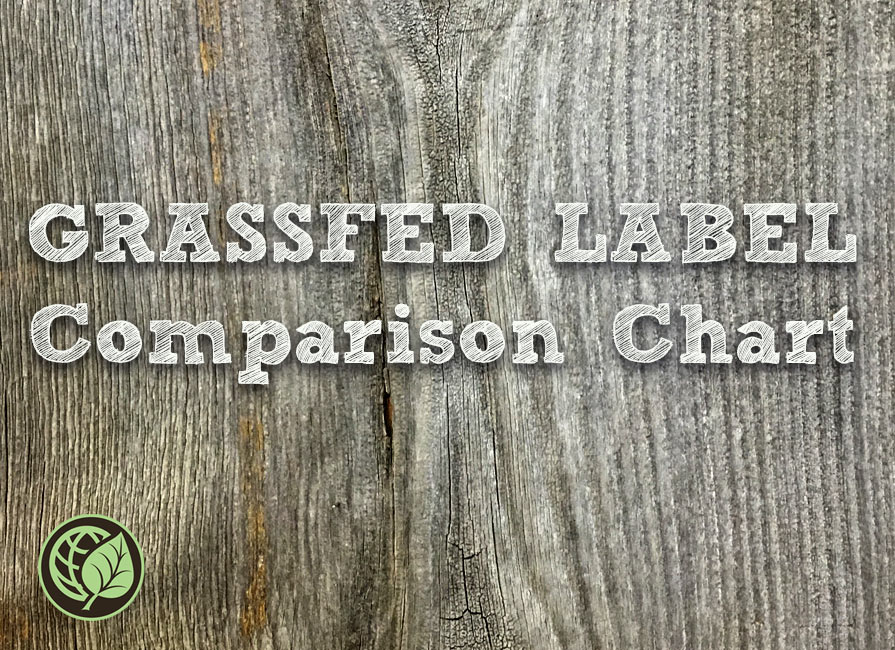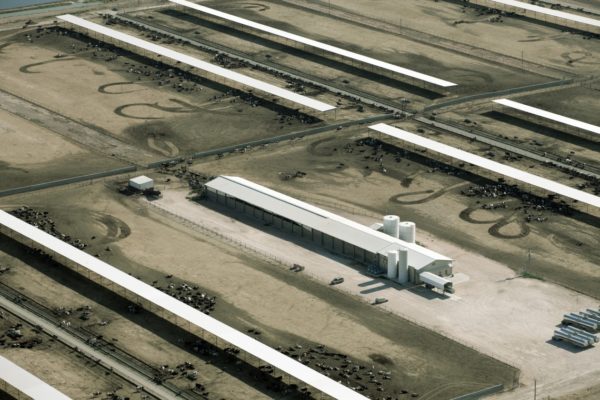Grassfed Label Comparison Chart
It’s great to see the increased interest in certifying grassfed claims (after all, how else do you know they’re really true?) but it’s important to know which labels mean what. With all the new kids on the block, how does…



 A recent study by Kansas State University concluded that in terms of presence of E. coli O157:H7, there was no difference between "organic," "naturally-raised" and conventionally raised beef. Feedlots provide all of the conventionally raised beef and the vast majority of organic and naturally-raised beef. Only a small percentage of organic beef is grassfed and finished on pasture.
The study reported that feces from 14% of the organic and naturally-raised cattle contained the pathogenic strain of E. coli, and that this number was comparable to conventional systems. What the study did NOT include were samples from cattle that were pasture-finished or grassfed, surprisingly, not a requirement of either organic or naturally-raised systems. I imagine that there are many consumers who will be surprised to learn this.
A recent study by Kansas State University concluded that in terms of presence of E. coli O157:H7, there was no difference between "organic," "naturally-raised" and conventionally raised beef. Feedlots provide all of the conventionally raised beef and the vast majority of organic and naturally-raised beef. Only a small percentage of organic beef is grassfed and finished on pasture.
The study reported that feces from 14% of the organic and naturally-raised cattle contained the pathogenic strain of E. coli, and that this number was comparable to conventional systems. What the study did NOT include were samples from cattle that were pasture-finished or grassfed, surprisingly, not a requirement of either organic or naturally-raised systems. I imagine that there are many consumers who will be surprised to learn this.